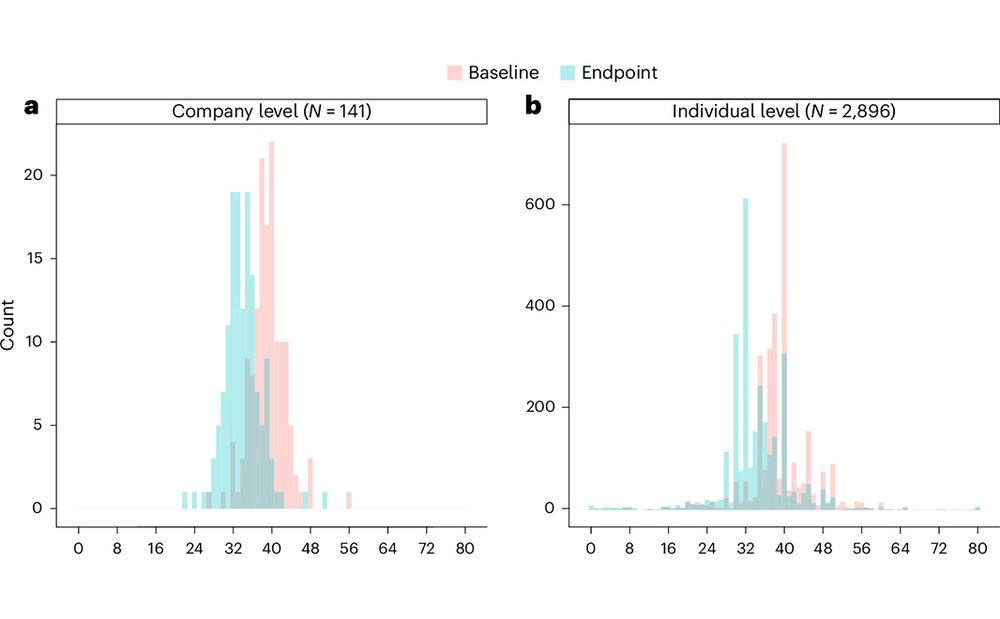Doing research on innovation, sustainability transitions, networks, history of technology.
https://linktr.ee/joseftaalbi

Full paper here: doi.org/10.1016/j.ei...

Using some of the best evidence yet, this paper shows that the same is true for center *left* parties.
Crucial finding as these parties increasingly move in a nativist direction.
New paper out with this exceptionally talented team
@katharinalawall.bsky.social @robjohns75.bsky.social @drjennings.bsky.social @sarahobolt.bsky.social @zachdickson.bsky.social @danjdevine.bsky.social & @jack-bailey.co.uk
doi.org/10.31235/osf...

Using some of the best evidence yet, this paper shows that the same is true for center *left* parties.
Crucial finding as these parties increasingly move in a nativist direction.





Work within a multidisciplinary team to map and analyse AI innovation pathways using NLP—focusing on their societal impact, especially in sectors like agriculture.
🗓️ Apply by 13 April 2025
🔗 go.unu.edu/m93fc
Work within a multidisciplinary team to map and analyse AI innovation pathways using NLP—focusing on their societal impact, especially in sectors like agriculture.
🗓️ Apply by 13 April 2025
🔗 go.unu.edu/m93fc
Full paper here: doi.org/10.1016/j.ei...

Full paper here: doi.org/10.1016/j.ei...

